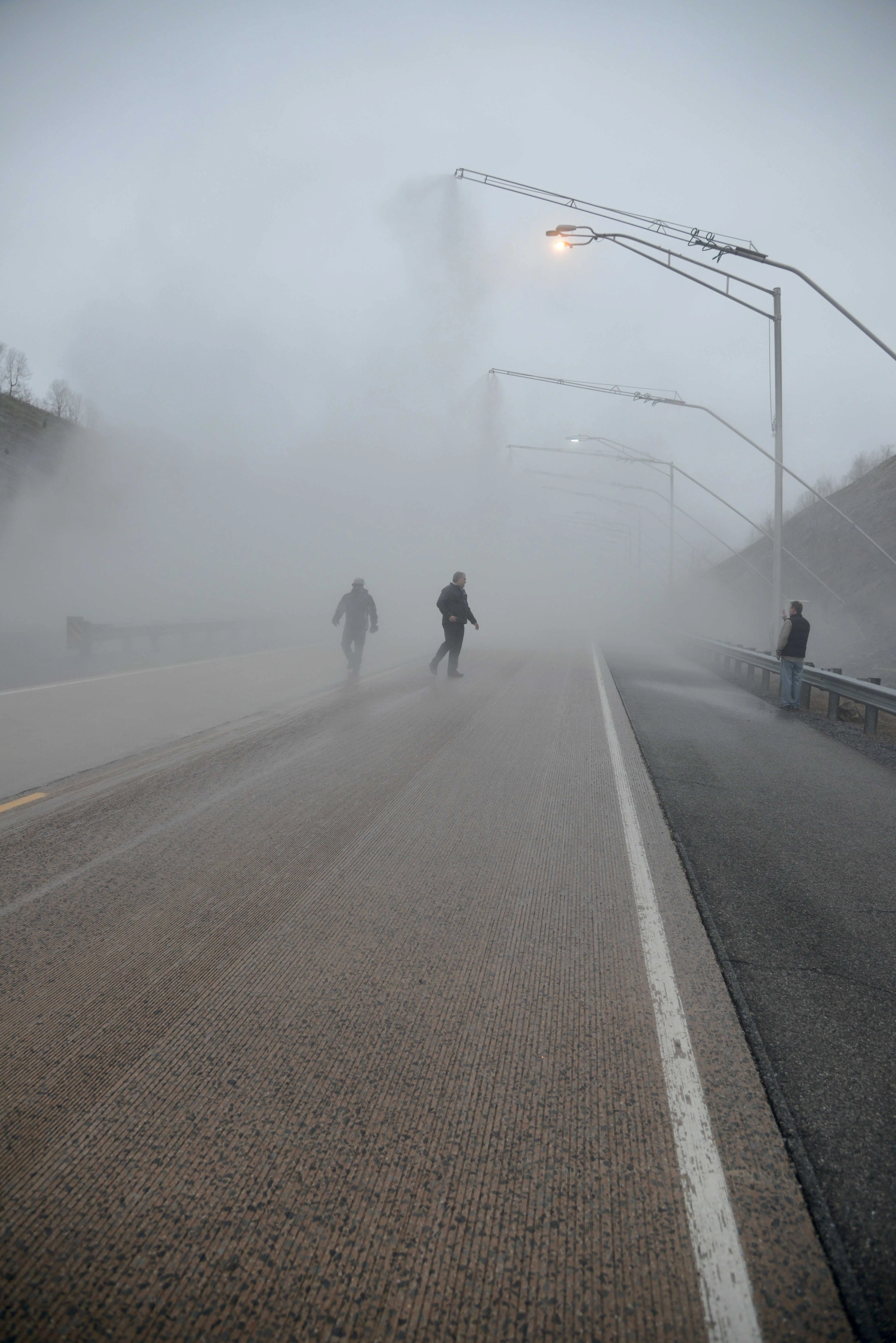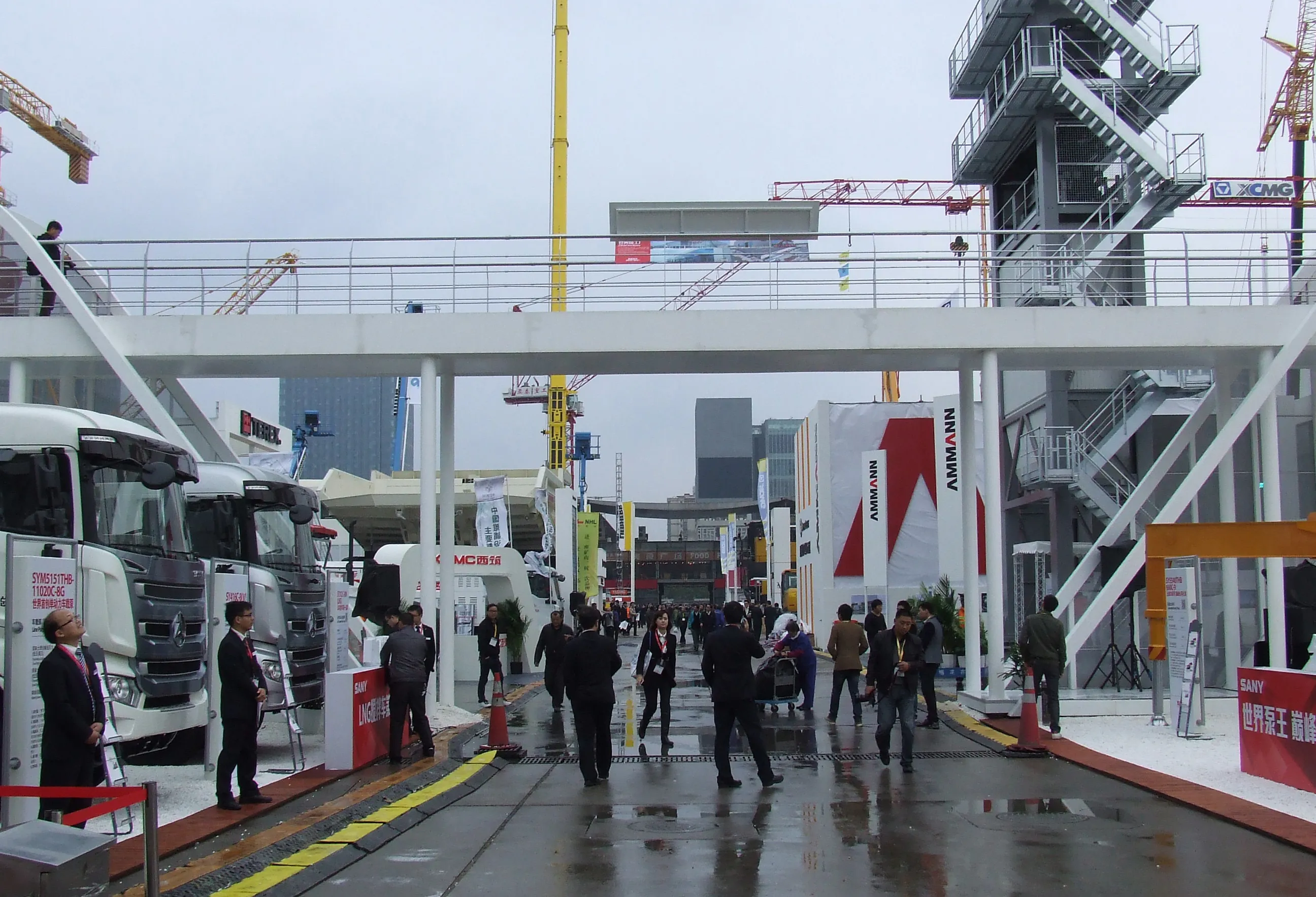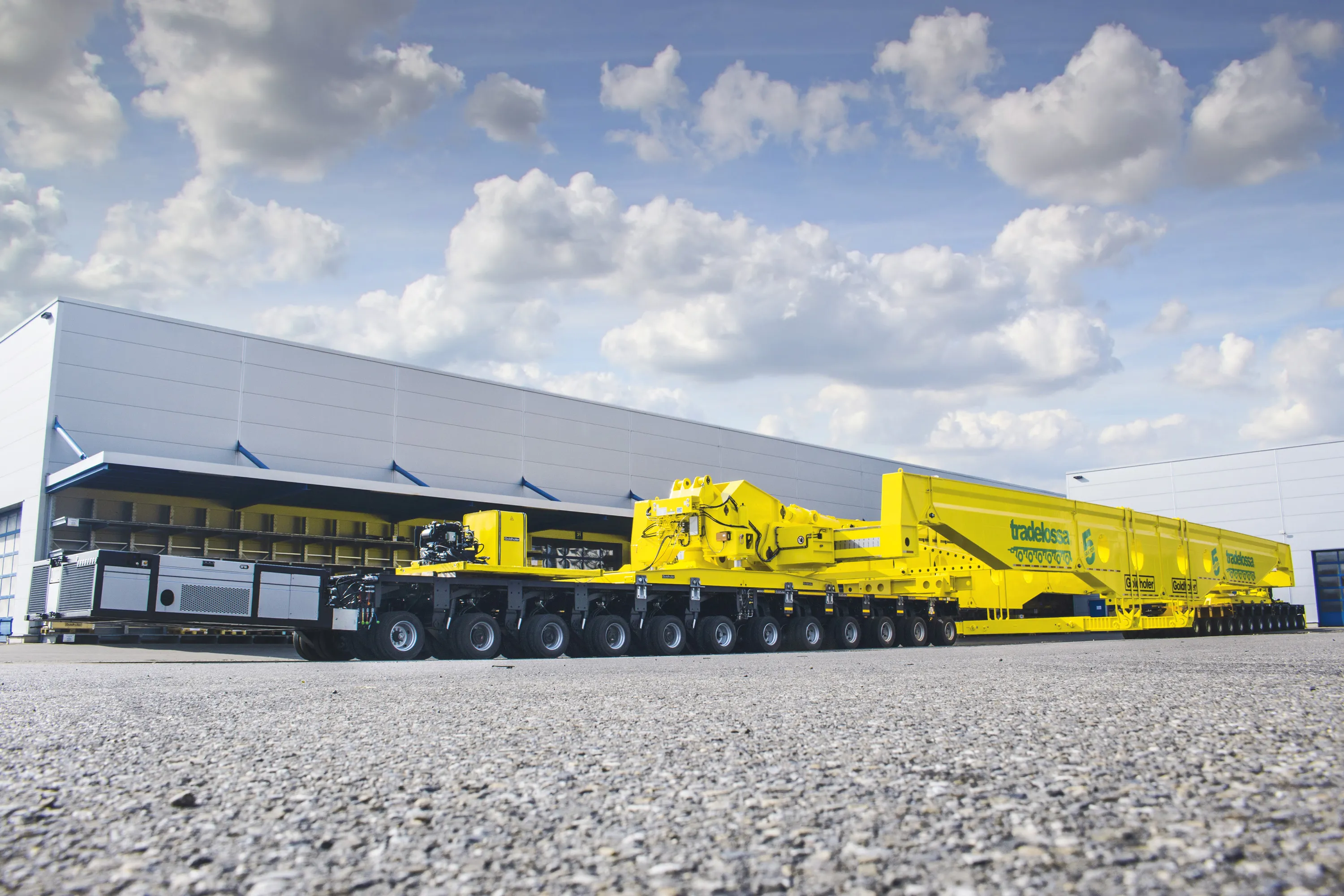The Brazilian haulage sector is in the process of adjusting to a new bill set to come into force soon that will regulate compulsory driver resting periods. Law 12.619 means drivers must have a minimum resting period of 30 minutes for every four hours on the road. In addition, they must stop for one hour at lunch time, and they need to rest 11 hours for every 24 hours worked.
September 17, 2012
Read time: 2 mins
The Brazilian haulage sector is in the process of adjusting to a new bill set to come into force soon that will regulate compulsory driver resting periods.
Law 12.619 means drivers must have a minimum resting period of 30 minutes for every four hours on the road. In addition, they must stop for one hour at lunch time, and they need to rest 11 hours for every 24 hours worked.
The rule changes have been criticised by some haulage firms and prompted many to increase their staffing levels and/or their contract outsourcing. The expenditure associated with complying with the new haulage sector regulations is said to represent a 40% cost rise for the majority of companies.
One company, Gafor, said it had managed to adjust some 70% of its contracts, while the price of its freight service could increase by up to 30% due to the greater number of vehicles and drivers on the road. Another firm, JSL, has also introduced operating changes: with drivers now having to log their stoppage times. The company relies on 7,000 drivers and still continues to recruit among this staff category.6571 MIRA Transportes said it will have to increase its long distance (over 600km) service drivers by 30%. The company has a 550 vehicle fleet.
Law 12.619 means drivers must have a minimum resting period of 30 minutes for every four hours on the road. In addition, they must stop for one hour at lunch time, and they need to rest 11 hours for every 24 hours worked.
The rule changes have been criticised by some haulage firms and prompted many to increase their staffing levels and/or their contract outsourcing. The expenditure associated with complying with the new haulage sector regulations is said to represent a 40% cost rise for the majority of companies.
One company, Gafor, said it had managed to adjust some 70% of its contracts, while the price of its freight service could increase by up to 30% due to the greater number of vehicles and drivers on the road. Another firm, JSL, has also introduced operating changes: with drivers now having to log their stoppage times. The company relies on 7,000 drivers and still continues to recruit among this staff category.








